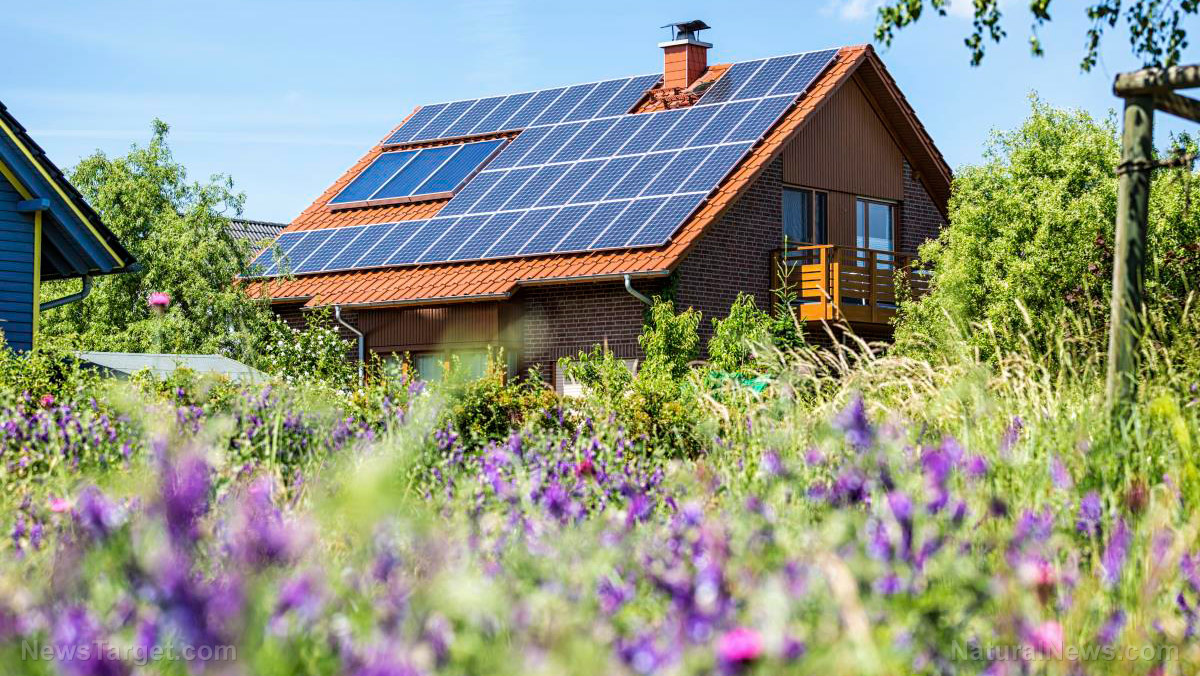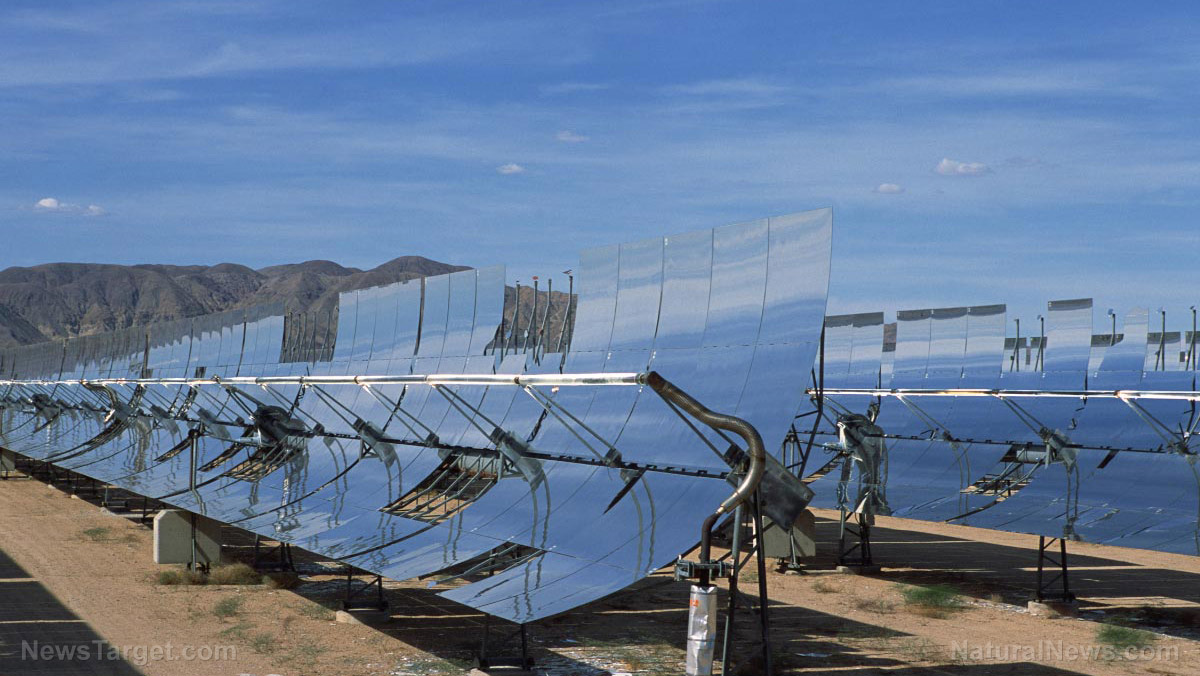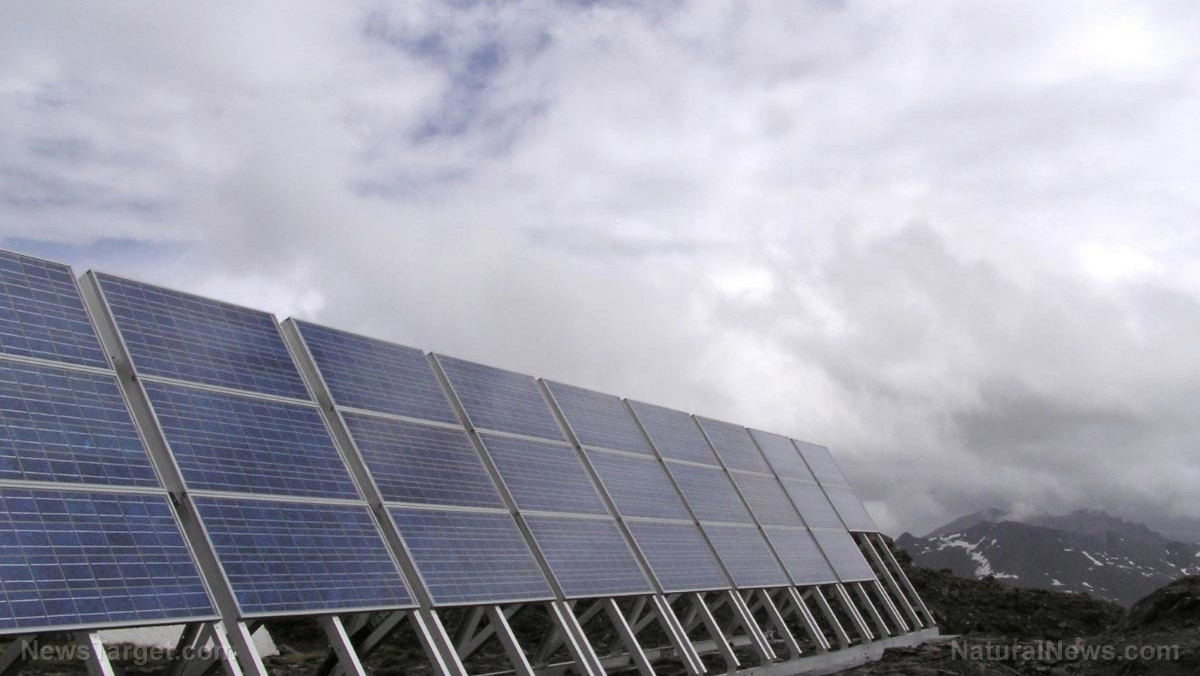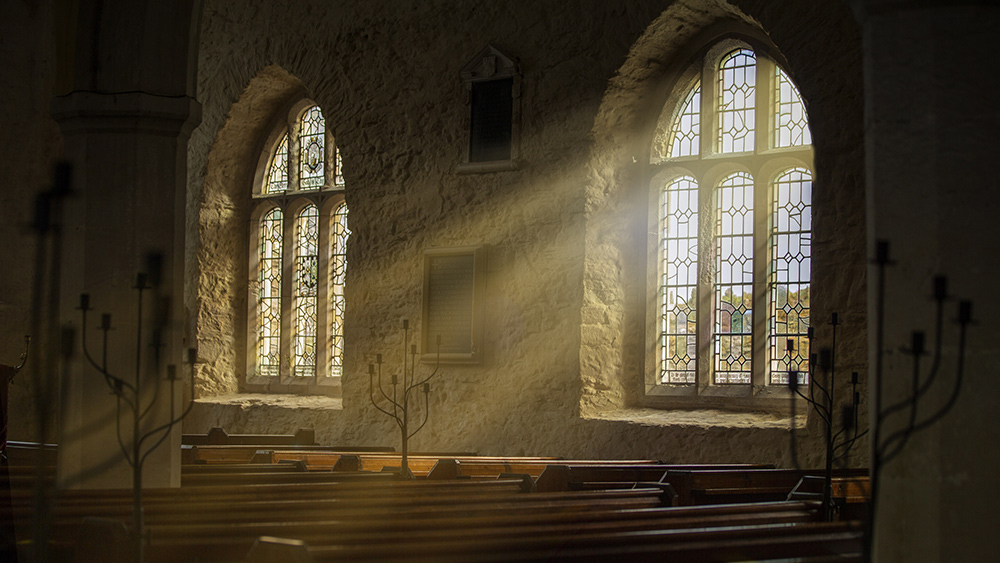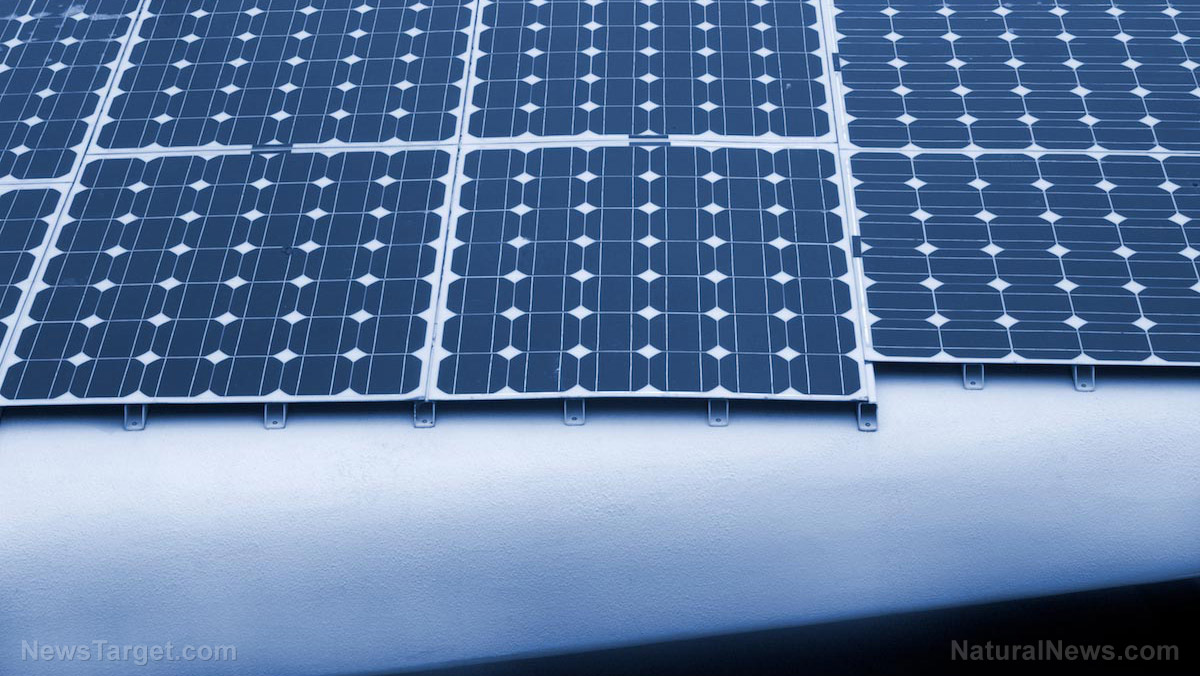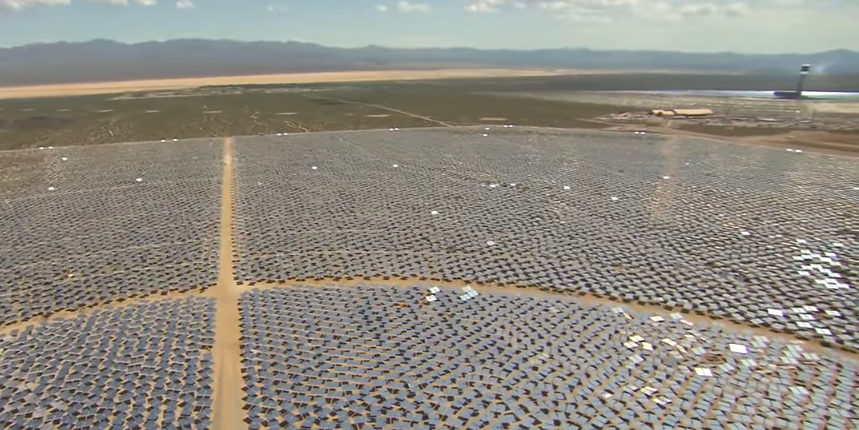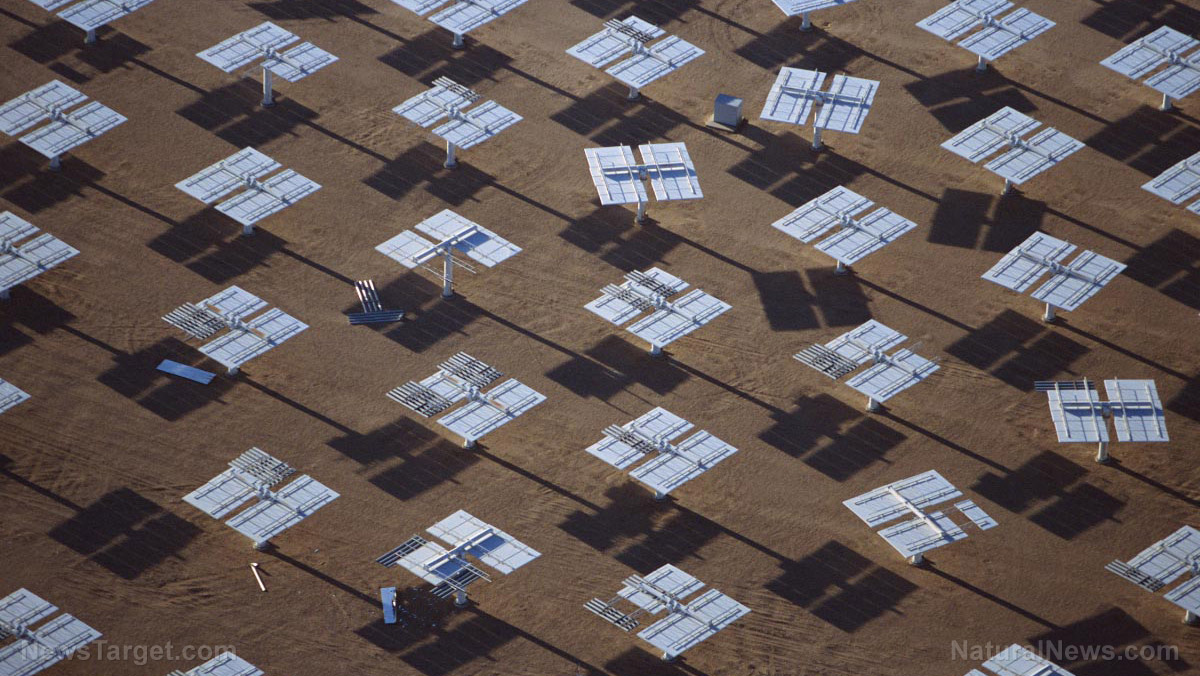How to harness solar energy to power an off-grid air conditioner
06/19/2021 / By Virgilio Marin
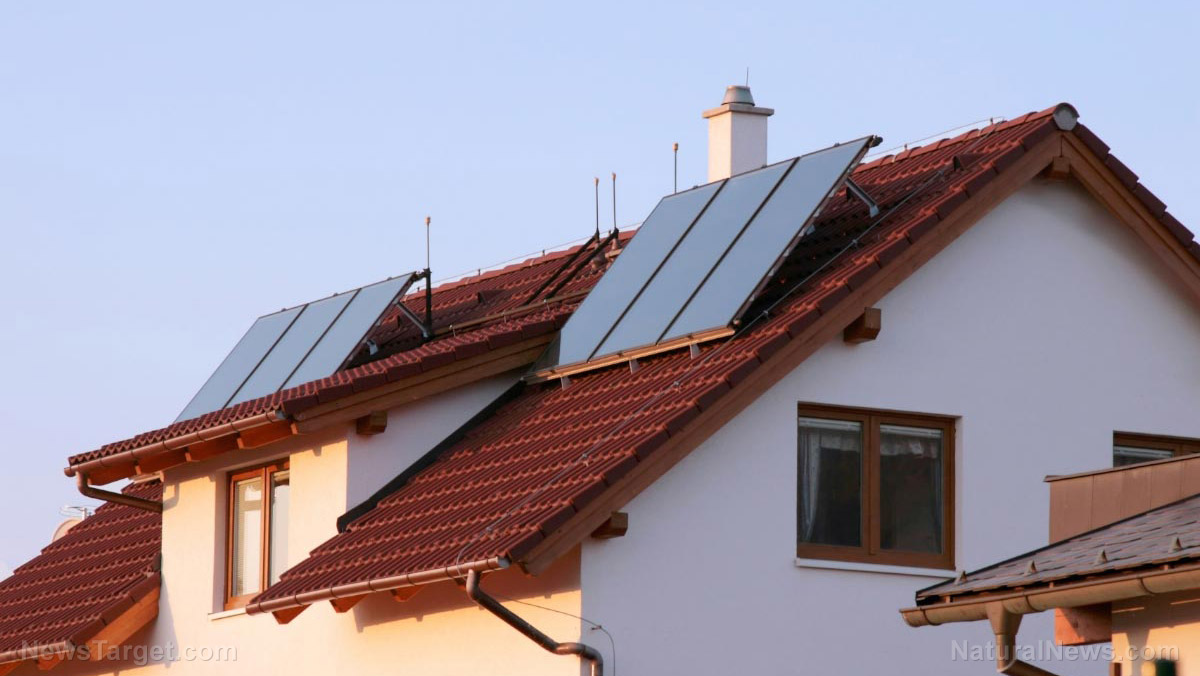
You don’t have to sacrifice the comforts of a grid-tied home when you go off-grid. Thanks to recent advances in technology, you can now operate an air conditioner without relying on the power grid.
Harnessing solar energy is one of the best ways to power an air conditioner. Here’s what you need to set up a solar power system in your off-grid home: (h/t to Hillsborough-Homesteading.com)
How solar panels power an off-grid air conditioner
You can generate your own electricity using solar photovoltaic (PV) panels or solar thermal systems. PV panels directly convert sunlight into electricity and operate only when the sun is shining. Meanwhile, solar thermal systems collect sunlight, convert it to heat, store it and later transform it into electricity. They have limited applications and work best at heating water and indoor air.
You need the following items to power an off-grid air conditioner:
- PV panels
- A rack system to hold the panels
- An inverter to convert direct current (DC) to alternating current (AC)
AC is an electric current that reverses direction for a number of times per second. Electric grids supply AC power into the power plugs in your home. Most air conditioners, washing machines, refrigerators and other household appliances run on AC power.
DC, on the other hand, flows only in a single direction and is produced by solar panels, fuel cells and batteries. Electronic devices like cell phones and laptops run on this type of current. When you plug in these devices, you use a power adapter to convert the AC electricity coming out of the power plug into DC.
For your solar power system, you need an inverter since solar panels generate DC power. An inverter converts DC into AC and makes electricity usable around your home. You can then turn on your off-grid air conditioner during a heatwave and keep your place cool. Take note that the size of your inverter should be similar to the DC rating of your solar power system. (Related: 5 Ways to stay cool when SHTF during a heatwave.)
Some solar panels have a built-in inverter so you don’t need to buy one. These panels send AC power into your home even though the electricity they generate is DC. They save time and labor costs since there is less work for your installer to do. The downside is that AC solar panels are more expensive than regular ones.
Some off-grid air conditioners run on DC power. They’re more efficient because the electricity coming from your solar panels don’t need to be converted. You may want into look into these models if you wish to conserve electricity. However, you’ll still need an inverter to power your entire off-grid home.
Choosing an efficient off-grid air conditioner
Your off-grid air conditioner should be energy-efficient so you have more electricity to keep other appliances running. Check the required voltage and required wattage when looking for an air conditioner.
The most common operating voltages of modern appliances are 115 to 120 volts (V) and 200 to 240 V. Air conditioning units that run at 115 V require less powerful – and less expensive – inverter and use less power than those running at 200 to 240 V. However, they are not as powerful and do not cool as rapidly as the latter.
The wattage of an air cooling unit is the best measure of how much electricity it uses in an hour. Choose an an off-grid air conditioner that consumes less electricity than can be produced by your solar panels.
If a unit’s wattage is not listed, look for the required voltage and amperage draw, which is measured in ampere (A). Multiply and the resulting number is the unit’s wattage. For example, a 115 V unit drawing 15 A per hour has an hourly demand of 1,725 W.
Living off the grid doesn’t mean you have to give up the creature comforts of a grid-tied existence. By installing solar panels, you can power an air conditioner and keep your off-grid home cool during a heatwave.
Sources include:
Tagged Under: air conditioner, electricity, energy, Gear, green living, heatwave, homesteading, how-to, inverter, off grid, off-grid air conditioner, Off-the-grid living, power grid, preparedness, prepper, prepping, renewable energy, self sufficiency, self-reliance, solar energy, solar panels, solar power, survival, survivalist, sustainable living
RECENT NEWS & ARTICLES
COPYRIGHT © 2017 SOLARPANELS.NEWS
All content posted on this site is protected under Free Speech. SolarPanels.news is not responsible for content written by contributing authors. The information on this site is provided for educational and entertainment purposes only. It is not intended as a substitute for professional advice of any kind. SolarPanels.news assumes no responsibility for the use or misuse of this material. All trademarks, registered trademarks and service marks mentioned on this site are the property of their respective owners.



